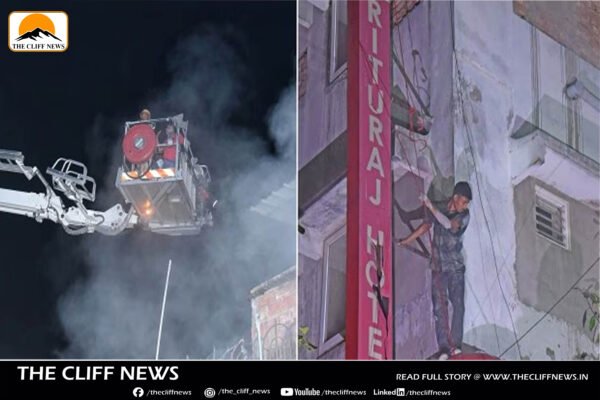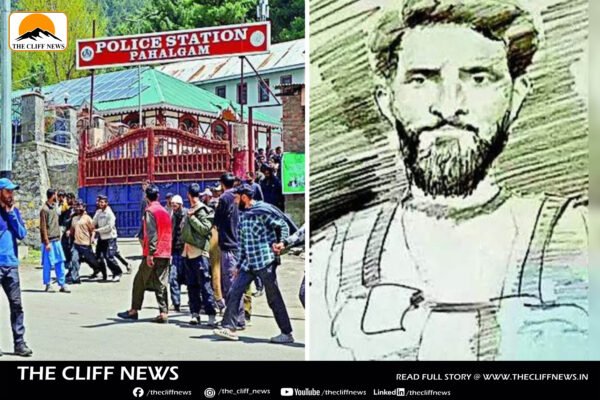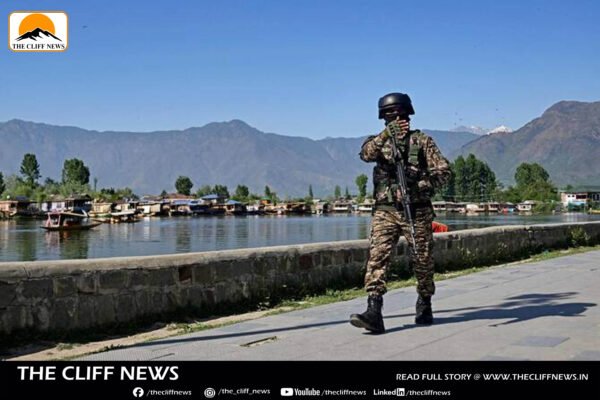Pahalgam Attack: Terrorists Still Hiding in Dense South Kashmir Forests, Self-Reliant and Equipped for Evasion
Fresh inputs from the National Investigation Agency (NIA) suggest that the terrorists involved in the April 22 Pahalgam massacre may still be hiding in the thick forests of South Kashmir. According to sources cited by NDTV, the attackers are believed to be “self-reliant,” carrying their own supplies, which has enabled them to remain undetected despite an intense and ongoing manhunt by the military and local police. This self-sufficiency, experts say, reduces the need for logistical support—especially from external sources like Pakistan, which India has accused of orchestrating the attack. Initial investigations have revealed that the terrorists had been holed up in the Baisaran Valley, near the popular tourist resort of Pahalgam, for at least 48 hours prior to launching the attack. On April 22, four terrorists executed one of the deadliest terror strikes in India in recent years—since the 2019 Pulwama attack—by opening fire on tourists in Baisaran, killing 26 people. The attackers have remained elusive since then, despite a large-scale joint operation by security forces. NIA, which is now handling the case, has also revealed that Over Ground Workers (OGWs) detained for questioning after the attack admitted to scouting four potential targets: Aru, Betaab, and two other valley locations. These areas were reportedly well-guarded, which led the terrorists to select Baisaran—an area with visibly lighter security presence. This has sparked criticism from opposition parties questioning the apparent lack of military deterrence in the region. The terrorists were reportedly equipped with high-end communication devices that didn’t require SIM cards and could perform short-range encrypted transmissions—making interception nearly impossible. Sources also noted the use of three satellite phones to further mask their positions and mislead Indian forces before the strike. The attack itself was carried out with brutal precision. Three terrorists emerged from hidden spots around Baisaran and opened fire on unsuspecting tourists, while a fourth remained in concealment to provide support if required. Reports indicate the attackers interrogated male victims, forcing them to recite Islamic verses—executing those who failed. Shocking videos shared online showed the aftermath, including blood-soaked women crying for help beside the bodies of their loved ones. One chilling clip captured a terrorist taunting a grieving woman, telling her to “go tell (Prime Minister Narendra) Modi.” The scale, planning, and savagery of the Pahalgam attack have left the nation shaken, prompting questions about intelligence lapses and security readiness in high-tourism zones of Kashmir. The search continues for the perpetrators, as investigators work to trace additional operatives and potential safehouses in the region.










